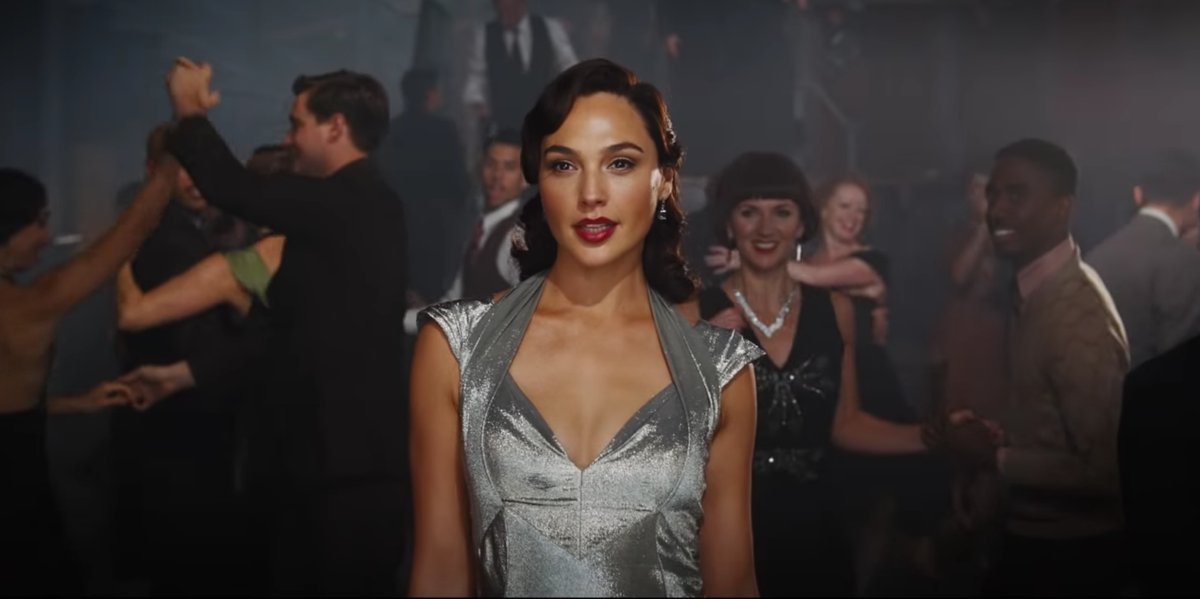Air-cool Pwah-roe. I think that’s how you say it.
After seeing Murder on the Orient Express and spending half the film mentally trying to break down how to say Hercule Poirot (I took Spanish in high school, so trying to speak French is a bit of an exercise), I think I figured it out just in time for Death on the Nile. Air-coo Pa-hroe.
Close enough.
Set as the direct sequel to Murder (although the ending to that film is retconned a bit), the film follows Poirot (Kenneth Branagh) and his world-class mustache to Egypt, where he runs into his old friend Bouc (Tom Bateman) who, along with his mother (Annette Bening), is there to celebrate the wedding of wealthy heiress Linnet Ridgeway (Gal Gadot) to Simon Doyle (the possibly vampiric Armie Hammer).
*Sidenote – I’m not sure why, but at times I tend to struggle with actors and actresses feigning accents when I’m more familiar with their natural accents. Branagh and Gadot do okay with their Belgian and French accents, respectively, but Hammer’s English just seems…off. I am not kidding at all when I say he sounds exactly like Billy Zane in Titanic.
The couple’s joy is short-lived, however, when Simon’s ex, Jacqueline de Bellefort (Emma Mackey), arrives and tries to interfere. Jacqueline had introduced her then-fiance Simon to Linnet in the hopes that Linnet would give him a job and is rather unhappy about how things played out. While the couple and their party escape on the Nile-navigating S.S. Karnak, Jacqueline follows and chaos (likely in the form of death) ensues.
It’s a fairly standard whodunnit with its share of twists and turns (although fans of the original film will likely be familiar with most of them). The strength of the film (aside from its visuals and production values) comes from the performances of the cast. Branagh and company bring solid performances in bringing their characters to life. Mackey especially stuck out to me; her justifiable rage shines through whenever she’s on screen. There are moments in the film where she appears horrified, yet the faintest trace of a smile is on her face, and the viewer is left to figure out if she’s upset or sinister. It’s a welcome nuance, and I look forward to seeing more of her in the future. Sophie Okonedo deserves credit as well; she nails her part as Salome Otterbourne, a talented jazz singer and potential love interest of Poirot.
There are, however, issues with the film that prevent me from giving it a higher grade. Armie’s performance is probably the most replaceable of the cast; he just doesn’t bring much to the table. The pacing could use some work, too; after a flurry of character introductions, the pace grinds to a halt for the first portion of the film, and it takes a while for the action to pick up. Clocking in at just over two hours, the path to discovering the murder is a rather lengthy one. There are some distinguishable differences between this edition and the 1978 film as well, namely changes to the backgrounds of many of the main characters. It seems to be an attempt to diversify the film, but much of it felt like diversity for the sake of diversity.
Overall, though, if you enjoyed Murder and can look past its faults, it’s a perfectly acceptable murder mystery with a few strong performances outshining some glaring weaknesses. If you haven’t seen the original film or read the book, you’ll probably enjoy trying to deduce what happened; if you have, hopefully you’ll enjoy seeing Branagh’s portrayal of Poirot again.
Air-cyoo Pwa-hroe. I think I got it that time.
C+

